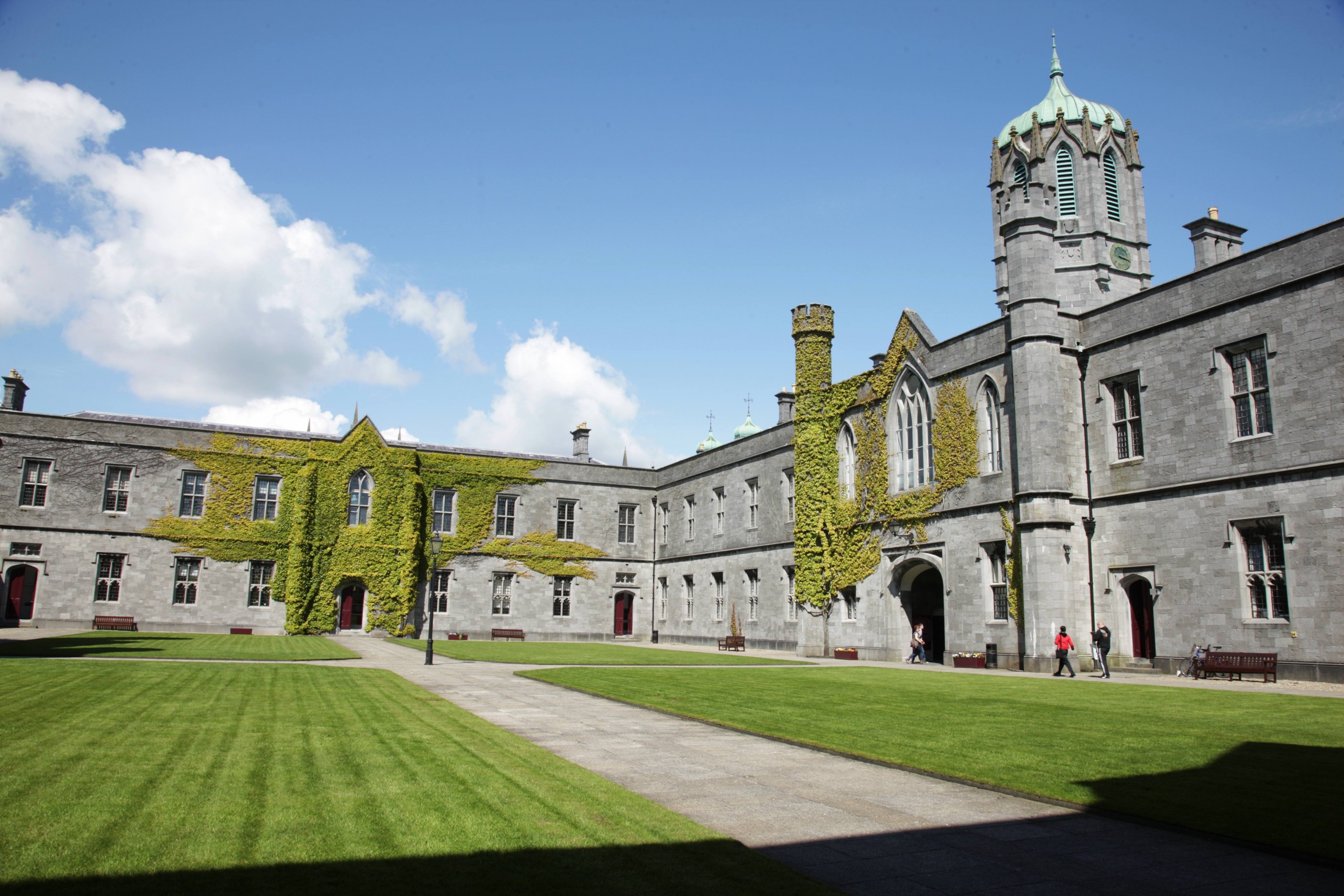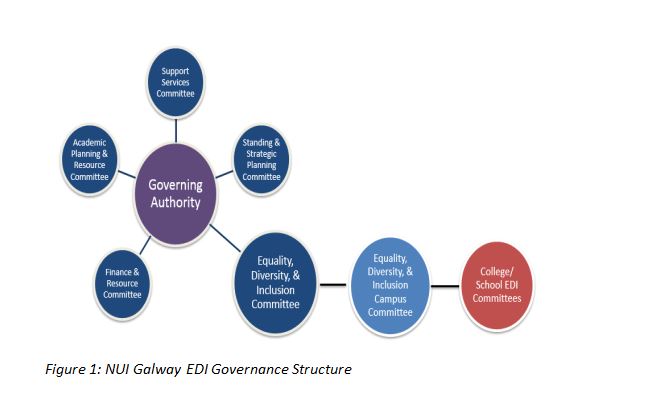
Find information on how to make a Protected Disclosure under the external procedures in place in the HEA.
NUI Galway Delivering on Gender Equality

Who we are
In Vision 2020, NUI Galway’s last Strategic Plan (2015-2020), we expressed the strategic aim of being a university that provides a fair, supportive and encouraging working environment with which students and staff engage responsibly: “A key priority over the coming years will be to advance an agenda of achieving gender equality in NUI Galway.” This aim continues as a key theme of Shared Vision, Shaped by Values, NUI Galway’s Strategy (2020-2025), underpinned in particular by the value of respect, one of the four core values identified in the strategy.
We have had a difficult recent history on gender equality matters and we continue to have very significant issues, particularly in terms of a sustainable population of women in senior academic and academic leadership positions in the University. However, we sought to tackle our gender equality issues head-on by setting up the Gender Equality Task Force in February 2015, chaired by Prof. Jane Grimson, former Vice-Provost, Trinity College Dublin. The remit of this Task Force was to examine and make recommendations to advance gender equality across the University. The impact of implementing the 24 recommendations from this Task Force (May 2016), via two gender equality action plans (GEAP 1 and GEAP 2), has been transformative for our university community.
During the period 2016-2020, we have seen a lot of firefighting but also significant progress and real systemic change, including the establishment of our EDI infrastructure, programme of work, and the embedding of EDI governance structures across the University.
What we did
We developed our GEAP 1 and GEAP 2, integrating the recommendations of the NUI Galway Gender Equality Task Force, the recommendations of the HEA Review of Gender Equality in Irish HEIs (2016), the Mitchell O’Connor Gender Action Plan (2018) and our Athena SWAN Action Plan (2017). We attended rigorously to monitoring progress in implementation of our GEAPs, with progress updates monitored and reported on a two monthly basis to our University Management Team (UMT); Equality, Diversity and Inclusion Campus Committee (EDICC); and the Equality, Diversity and Inclusion Committee of Údarás na hOllscoile (EDIC). These progress reports are also uploaded to our website every two months.
We have achieved a lot in a short space of time, due to the tremendous energy and commitment of many colleagues working across the University, including members of the Athena SWAN institutional and departmental Self-Assessment Teams (SATs), members of the EDICC, the EDIC, and the Consent Framework Implementation Working Group. However, there is a great deal for us yet to do across a number of EDI dimensions and grounds, including gender equality.
With the publication of our new EDI strategy (2020-2025), we are articulating the evolving and progressive EDI agenda in NUI Galway and setting out our road map for the next five years. We are moving to a new phase in implementation of gender equality, as the cornerstone of a transformative culture of equality, inclusion and respect in our university.
Impact achieved
In our two Athena SWAN Town Hall polls on 1 February 2021, 78% and 90% respectively of those present agreed that opportunities for women to progress in NUI Galway had improved over the past four years.
We have introduced a clear governance structure for EDI across the University, from our schools and units, through our college and support services directorate structure, to UMT and Údarás na hOllscoile.

We have introduced a process, practice and mechanisms to ensure frequent monitoring and awareness of gender in our key decision-making processes. For example:
We are now seeing the visible impact of these measures in the gender composition of our management teams and in teams and working groups across NUI Galway, including an increasing number of women in senior leadership roles such as Heads of Schools and Units, Executive Dean roles and UMT itself.
What we learned
External benchmarking, expertise, support and reporting enhance progress, evidence appropriate initiatives and keep us honest.
Energetic, visible, senior leadership engaged directly in implementation and rigorous monitoring of progress, on a regular and frequent basis, is vitally necessary for change to really take root.
These are also essential ingredients in building the trust of colleagues that there is a real commitment to culture change from the most senior levels of the institution.